Good People Bring You Happiness, Bad People Teach You Lessons
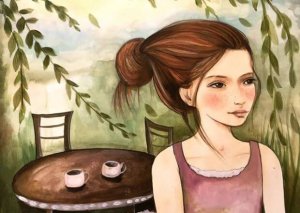
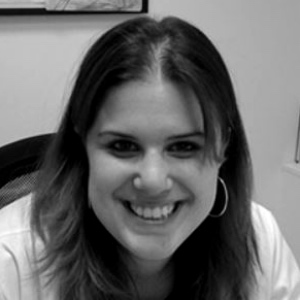
Written and verified by the psychologist Raquel Aldana
If only there were a thermometer that could measure goodness and badness. If only we could detect selfishness the second it shows up. If only we could use these measurements to make good decisions with respect to the people around us.
However, since none of that is possible, we’re left with the happiness and teachings that good people bring us, and the lessons that we learn when people behave badly towards us.
Because if one thing is clear, it’s that nobody is completely good or bad, but rather, we all sometimes choose the wrong behaviors and prioritize the wrong feelings in our relationships.
At any rate, every event and every person that crosses our path will have the opportunity to teach us something that we needed to learn, even if they didn’t give us what we wanted.
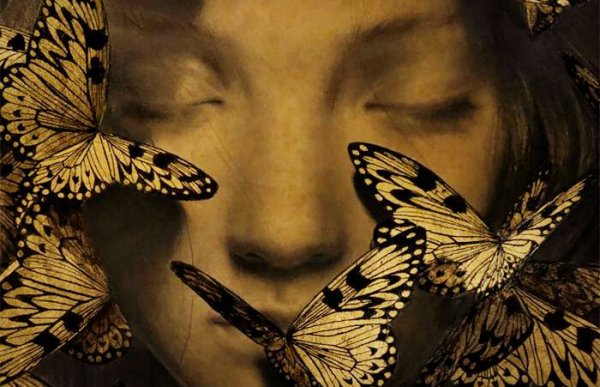
To the people who make us grow: smiles
Good people are the ones who radiate nobility, humility, and sincerity. They’re the ones who put us back together with their smiles. They’re rare, but they can fill us up with their beautiful hearts.
We should offer these people reciprocity, attention, and affection, because thanks to their gestures, our lives are filled with frankness and empathy, which are essential pillars of happiness.
“There are people, very few people, who, when they smile, fill their faces with an absence of malice that does not usually come from adults. An expression of kindness that disarms. The people who do this, when they smile they make you stumble towards well-being and immediate attachment. They give their soul to you because they can.”
To the ones who cause us pain: goodbye
There are also people who have stained their relationships with selfishness and sometimes malice (self-interests, offenses, criticisms, disappointments, etc.). These are the people who teach us the importance of leaving marks on people, not scars.
Either way, bad experiences are a reality that we have to try to live with, and we should try to use them to learn lessons from life that help us to return to our journey.
It’s not worth it to squirm with pain, to ruminate incessantly over what we should have seen but didn’t see or didn’t want to believe. When a situation arises that comes from a negative relationship or exchange, it causes us distress. Instead of dramatizing, it’s better to take it as a learning experience.
In this sense, we should explore the idea that facing the good things that happen tends to be an easy task. However, accepting that we have to walk away from certain things is really complicated.
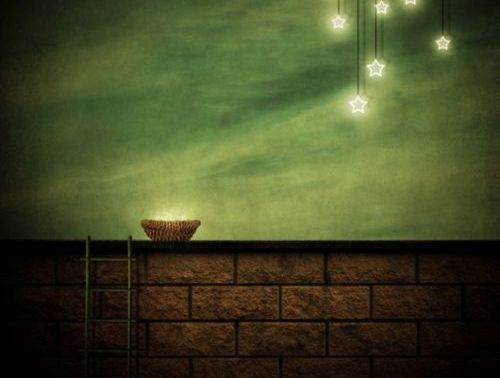
Every situation, every person, and therefore, every feeling is filled with intense nuances that guide our learning to one rhythm or another, making us value the lessons that purify our emotional maturity.
Throughout our lives, we find ourselves in both positive and negative relationships, which makes building other friendships more significant, mature, and reflective. So, as we mature, we begin to value quality over the quantity of friends and people that we have by our side. We begin to attach ourselves to the ones who we identify with more.
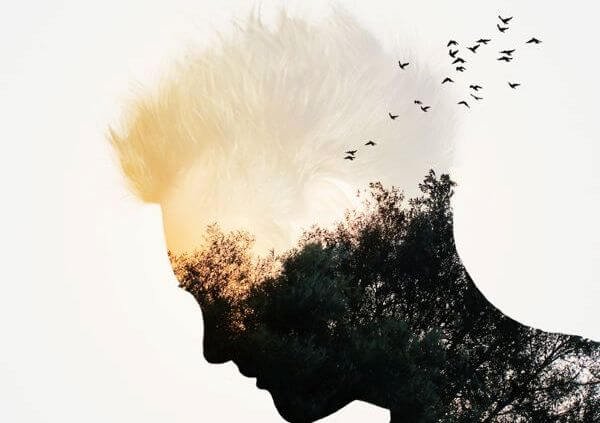
Kindness and reciprocity are based on respect for other people and on building friendliness. This is the foundation of sincerity, of feelings that come from the heart and that help us to form a first division team that helps us confront life.
We shouldn’t forget about what we said at the beginning, that people aren’t black and white, but rather that we all have different tonalities. Even though there are people who don’t always behave well, it might be because at that time, or sometime before that, they made a bad decision.
As they say, all failed relationships hurt, but losing something that in reality wasn’t good for us is actually a win, not a loss. So we should always value that which offers us learning and reciprocity, or rather, things that add to our lives, not subtract.
This text is provided for informational purposes only and does not replace consultation with a professional. If in doubt, consult your specialist.








